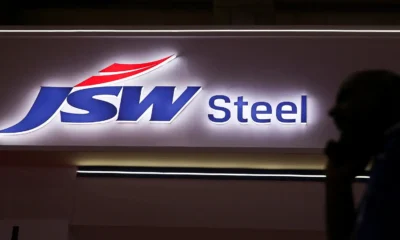In a significant legal development, the Supreme Court of India has stayed a Gujarat High Court order that would have reinstated an anti-dumping duty on imported purified terephthalic acid (PTA), a crucial raw material for producing polyester and other man-made fabrics.
Background and Initial Duty Imposition on Anti-Dumping Duty:
The Union Government imposed an anti-dumping duty on PTA imports on 24 July 2019 to protect domestic producers from cheaper imports. This duty was set to last for five years.
However, in February 2020, Union Finance Minister Nirmala Sitharaman announced the removal of the duty in the 2020-21 budget, citing public interest.
This removal posed a potential threat to the profit margins of domestic producers like Reliance Industries Ltd and Indian Oil Corp. Ltd, as cheaper imports could flood the market.
Legal Challenge by Domestic Producers:
Reliance Industries, India’s largest PTA producer with an annual capacity of 4.4 million tonnes, and other domestic producers challenged the removal of the duty.
They argued that the decision was made without following proper procedures, thus making it arbitrary and unjust.
On 2 May 2023, the Gujarat High Court ruled in favor of the petitioners, reinstating the 2019 notification and instructing the government to conduct a sunset review to decide on the continuation or withdrawal of the duty.
Supreme Court Intervention on Anti-Dumping Duty:
The Union government then approached the Supreme Court, contending that the 2019 notification was set to expire on 23 July 2023 and could not be revived retroactively.
On Monday, a Supreme Court bench led by Justices B.V. Nagarathna and N. Kotiswar Singh stayed the Gujarat High Court’s order. It sought responses from the involved parties, including Reliance Industries.
The Downstream Impact and Industry Reactions:
The Union government initially justified the removal of the anti-dumping duty as a measure to support the man-made fiber textile industry, which had been struggling with high costs and low capacity utilization due to the expensive raw material.
The duty had increased costs for downstream industries like spinning, weaving, and garment manufacturing.
Reliance Industries and other domestic producers countered this by arguing that the duty’s removal lacked a comprehensive review or industry consultation, potentially allowing cheaper imports to harm the domestic market.
Get all the latest news on Indian daily post




































